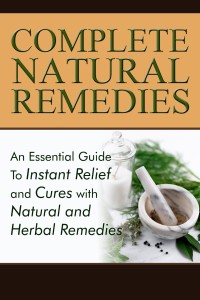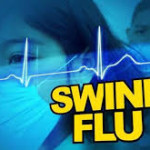The H1N1 flu virus (medical name for the virus) is contagious and spread among people in all countries around the world, including the U.S. However, most people who did get sick are recovering without any medical treatment – much the same way they do from the seasonal flu variety. And the spread of the virus is thought to happen in the same way that we are familiar with the seasonal flu. This happens from person to person through the spread of respiratory secretions – such as coughing or sneezing who are already infected. Other times people can become infected by touching an object that has the germ, such as the surface of a door handle, telephone, or toy, and then touching their mouth or nose. This effectively inoculates them with the virus. (3)

Just like the seasonal flu variety, it is unlikely that you would get infected twice with the same virus, unless you have a compromised immune system. This is because when you get infected with a virus the body manufactures antibodies against the virus so it is recognized the next time it comes in contact with the body. However, a person can get the H1N1 flu virus and then subsequently become infected with the seasonal flu because they are two different types of the influenza virus and require two different types of antibodies in the body.
There are several groups of people who are at greater risk of developing serious complications because of their underlying medical conditions. People who are 65 and older, children younger than 5, pregnant women and people of any age with a chronic medical condition, are all at greater risk because these conditions impact the overall health of the immune system. For instance, diabetes, asthma, kidney disease or heart disease, all fall within these categories. (4)
Resources:
(1) American College Health Association: H1N1 Flu
http://www.acha.org/Topics/H1N1flu.cfm
(2) MSNBC.com: Legal Immunity Set for Swine Flu Vaccine Makers
(3) Centers for Disease Control and Prevention: How Flu Spreads
http://www.cdc.gov/flu/about/disease/spread.htm
(4) Centers for Disease Control and Prevention: People at High Risk of Developing Flu-Related Complications
http://www.cdc.gov/h1n1flu/highrisk.htm
| Advertisement | |
 |
|


Leave a Reply